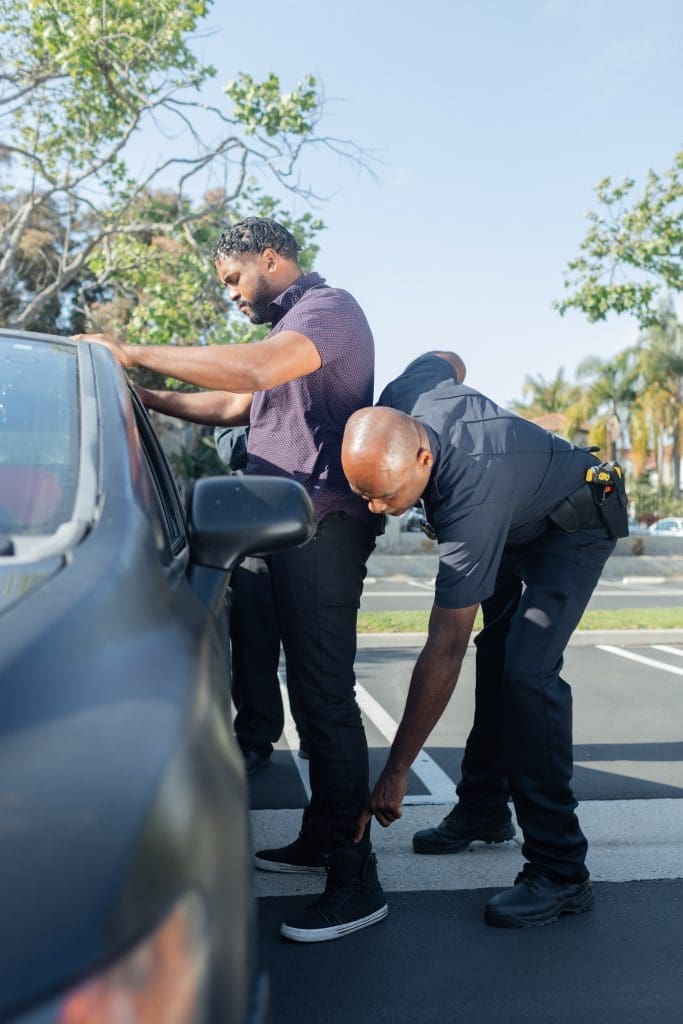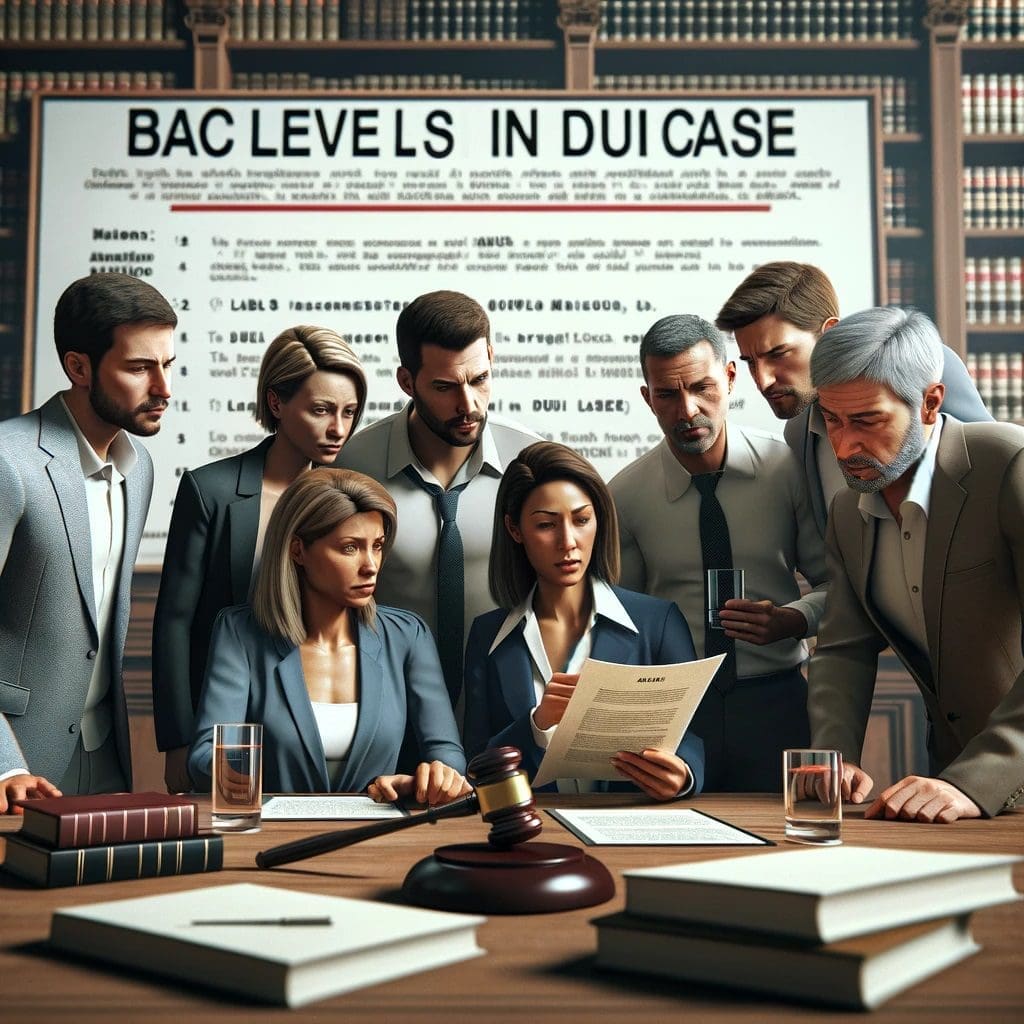Traffic Stop

Legal Insights into Traffic Stops: Know Your Rights and Responsibilities
When it comes to traffic stops, understanding your legal rights and responsibilities is essential. A traffic stop, though a common occurrence, involves critical legal implications that every driver should be aware of.
Understanding Traffic Stops
A traffic stop occurs when a law enforcement officer signals a vehicle to pull over, typically due to a suspected violation of traffic laws. It’s important to know that officers have the authority to conduct these stops based on probable cause or observable violations.
Your Rights During a Traffic Stop
During a traffic stop, you have specific rights. You have the right to remain silent, to refuse consent to search your vehicle, and to ask if you are free to leave if you are not under arrest. Knowing these rights can significantly affect the outcome of the stop.
Proper Conduct During Traffic Stops
Compliance and respect are key during a traffic stop. Keep your hands visible, comply with reasonable requests, and avoid sudden movements. Remember, the officer’s priority is safety, and your cooperation can help ensure a smoother interaction.
Understanding Search and Seizure Laws
The legality of searches during traffic stops is a critical aspect. Without consent or a warrant, an officer may only search your vehicle if there is probable cause to believe it contains evidence of a crime.
Dealing with Citations or Arrests
If you receive a citation or are arrested, it’s important to remain calm and respectful. Arguing or resisting can escalate the situation. You can contest the citation later in court.
The Role of Legal Counsel
Seeking legal counsel following a traffic stop, especially if it results in a citation or arrest, is advisable. A lawyer can help protect your rights and guide you through the legal process.
Traffic Stop Procedures and Rights
It’s beneficial to familiarize yourself with standard procedures during traffic stops. This includes knowing the proper way to display identification and understanding the officer’s right to ask certain questions.
Technology and Traffic Stops
Modern technology, like dash cams, has changed the dynamics of traffic stops. These devices can provide crucial evidence in legal proceedings related to traffic stops.
Preventative Measures
Understanding the common reasons for traffic stops can help in avoiding them. Regular vehicle maintenance, adherence to traffic laws, and safe driving practices are key.
Conclusion
Traffic stops are a junction where law enforcement and drivers’ rights intersect. Understanding your rights, responsibilities, and how to conduct yourself during these encounters is crucial for a lawful and respectful experience.







